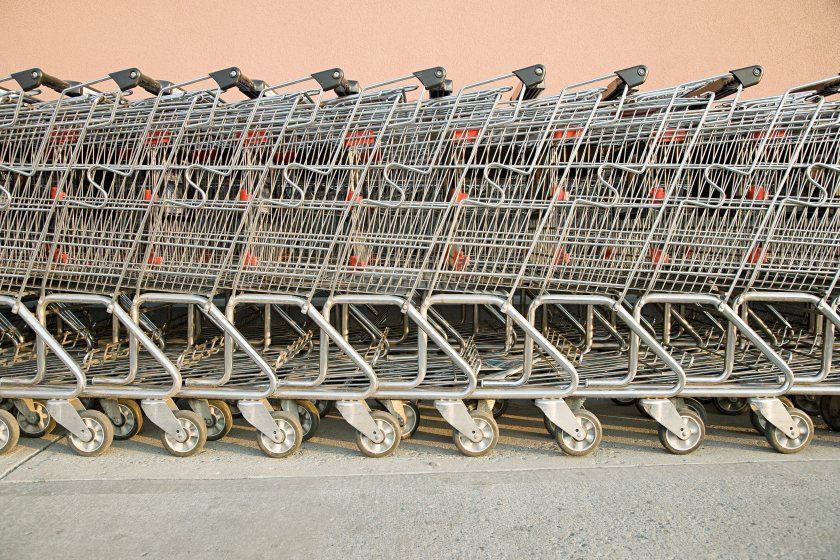
Annual UK food price inflation fell to 4% last month down from 5% in February, but meat, dairy and eggs still remain significantly pricier compared to 2019 levels.
The figures, published by the Office for National Statistics (ONS), show that bread prices rose by just under 1% in the year to March, but were 25.5% higher compared to 2019.
Looking at the latest data, AHDB said bread prices in March 2024 were likely enabled by lower wheat and energy prices.
"This isn’t surprising given that energy costs remain above 2019 levels," said Jack Watts, AHDB's head of economics.
"Wet weather will make UK bread supply chains more reliant on imported wheat, which is more expensive than if the UK was to have a more typical harvest in 2024. This may well make it difficult for bread prices to fall."
ONS figures also show that overall meat prices rose 3.1% to the year to March 2024 and are 24.4% higher than in 2019.
AHDB said that meat production, especially poultry, continues to recover from both feed and energy cost inflation following the war in Ukraine.
"Whilst grain prices have fallen considerably, the declines are yet to fully translate into finished feed prices," Mr Watts said in the levy board's analysis.
"Current strength on the beef and lamb markets are of course key factors in the broader protein category, but recovery in the poultry sector needs close monitoring as a key source of competition."
Elsewhere, Egg prices rose 3.9% in the year to March and are a staggering 42% above the 2019 average.
At the height of food price inflation, eggs were a frontline product with many retailers experiencing empty shelves.
Responding to this figure, AHDB said the market has had to work hard to provide egg producers with the right economic signal.
Mr Watts said: "Feed costs, retail / regulator attitudes toward production systems and risks from avian influenza will be just some of the complex drivers in this sector. "
Whole milk prices fell 11.1% to the year to March, but since 2019 are nearly 48 percent higher.
This spring’s delays to turning cows out to fresh grass may well soften the seasonal production peak, which may stifle further falls in prices, AHDB explained.
Fruit prices rose 3.6% in the year to March. Although increase versus 2019 was 19.3%, this is relatively low compared to other food categories.
And potatoes have seen some of the highest annual inflation of the food staples at 7.6% in March but only 15.2% versus 2019.
Mr Watts said: "Considering planting weather this spring, further increases won't be surprising."
